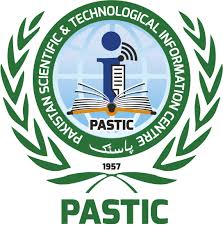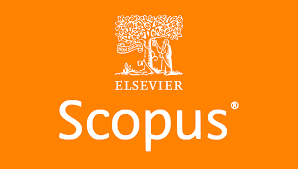Self-Archiving and Repository Policy
The Pakistan Journal of Urology (PJU) supports the principle of open access and the dissemination of knowledge to the broader scientific community. As part of our commitment to promoting research and academic integrity, we encourage authors to make their published articles available through self-archiving and institutional repositories in compliance with copyright regulations.
1. Self-Archiving Policy
Authors are permitted to self-archive their published work in institutional repositories, subject to the following conditions:
-
Authors may deposit the final peer-reviewed manuscript (post-peer review but prior to journal formatting) in their institutional or subject-specific repository. This is typically referred to as the "pre-print" version.
-
The published article (final version of record) may only be uploaded to personal websites or repositories after a specified embargo period of 12 months following publication in the journal.
-
The journal’s citation, DOI (Digital Object Identifier), and a link to the article on the official journal website must be provided when archiving the article.
-
The manuscript must not be altered, and authors must respect the journal’s copyright policies when making their work publicly available.
2. Institutional Repositories
We encourage authors to upload the final published version of their article to institutional or subject-based repositories once the embargo period has elapsed. Such repositories should be non-commercial and open access. Authors should ensure that the repository complies with relevant copyright and licensing policies.
3. Commercial Repositories
Authors are allowed to upload their work to commercial repositories, such as ResearchGate or Academia.edu, under the same conditions outlined for institutional repositories. However, articles in commercial repositories should always reference the journal's final published version, with a link to the article hosted on the journal’s website.
4. Copyright and Licensing Compliance
All articles published in PJU are licensed under the Creative Commons Attribution 4.0 International License (CC BY 4.0). This allows for unrestricted distribution and reproduction of the work, provided appropriate credit is given to the original authors and the journal. Authors must ensure that they comply with the terms of this license when archiving their work in any repository.
5. Embargo Period
The journal applies an embargo period of 12 months for self-archiving of the final published version of the article. During this period, the article will only be available through the journal’s platform. After the embargo period, authors are free to deposit the final version of the article in open-access repositories.
6. Benefits of Self-Archiving
Self-archiving ensures greater visibility and accessibility of the research, increasing citations and fostering wider dissemination of scientific knowledge. It supports the principles of open science and allows authors to share their work with the academic community and the public.
7. Author Responsibility
It is the responsibility of the authors to ensure that their articles comply with the journal’s self-archiving policy. Any disputes or concerns regarding archiving should be addressed with the journal’s editorial office prior to deposition.

















